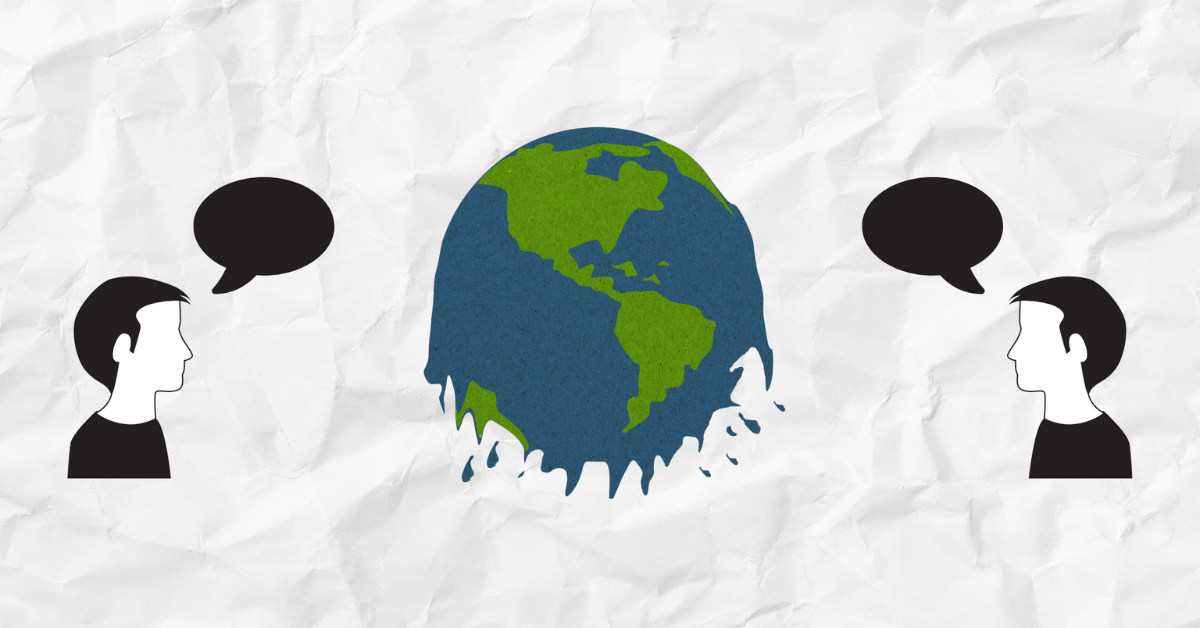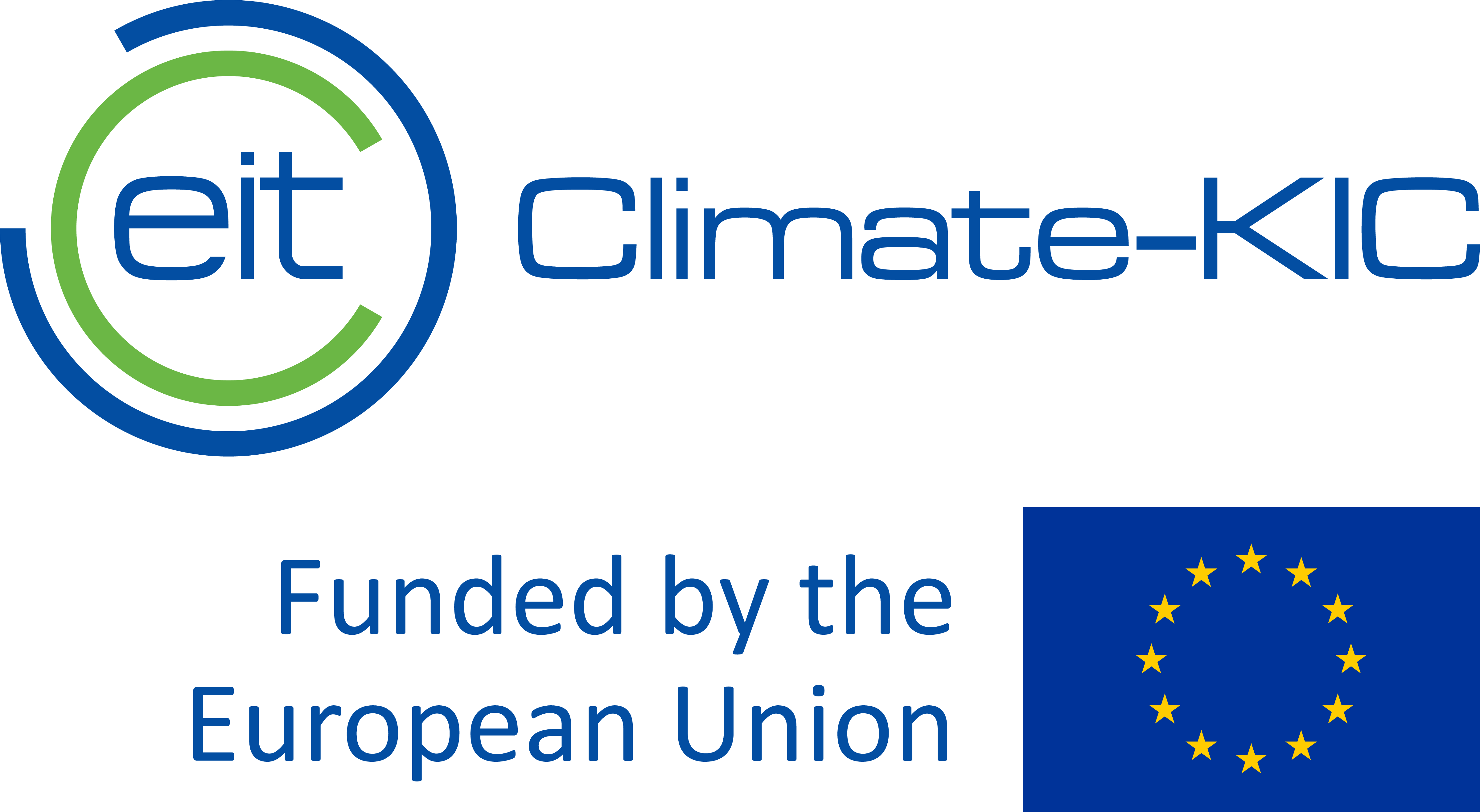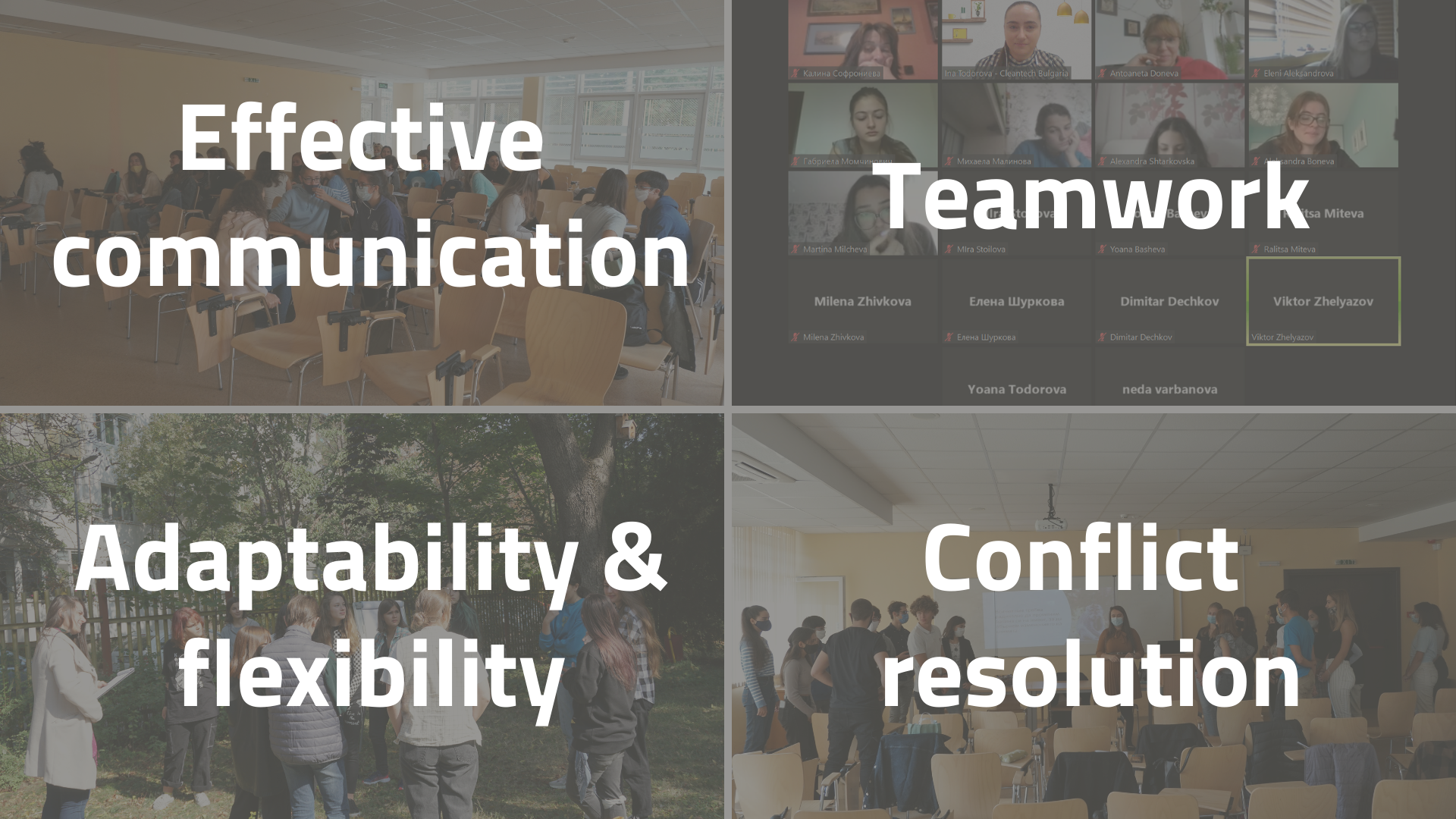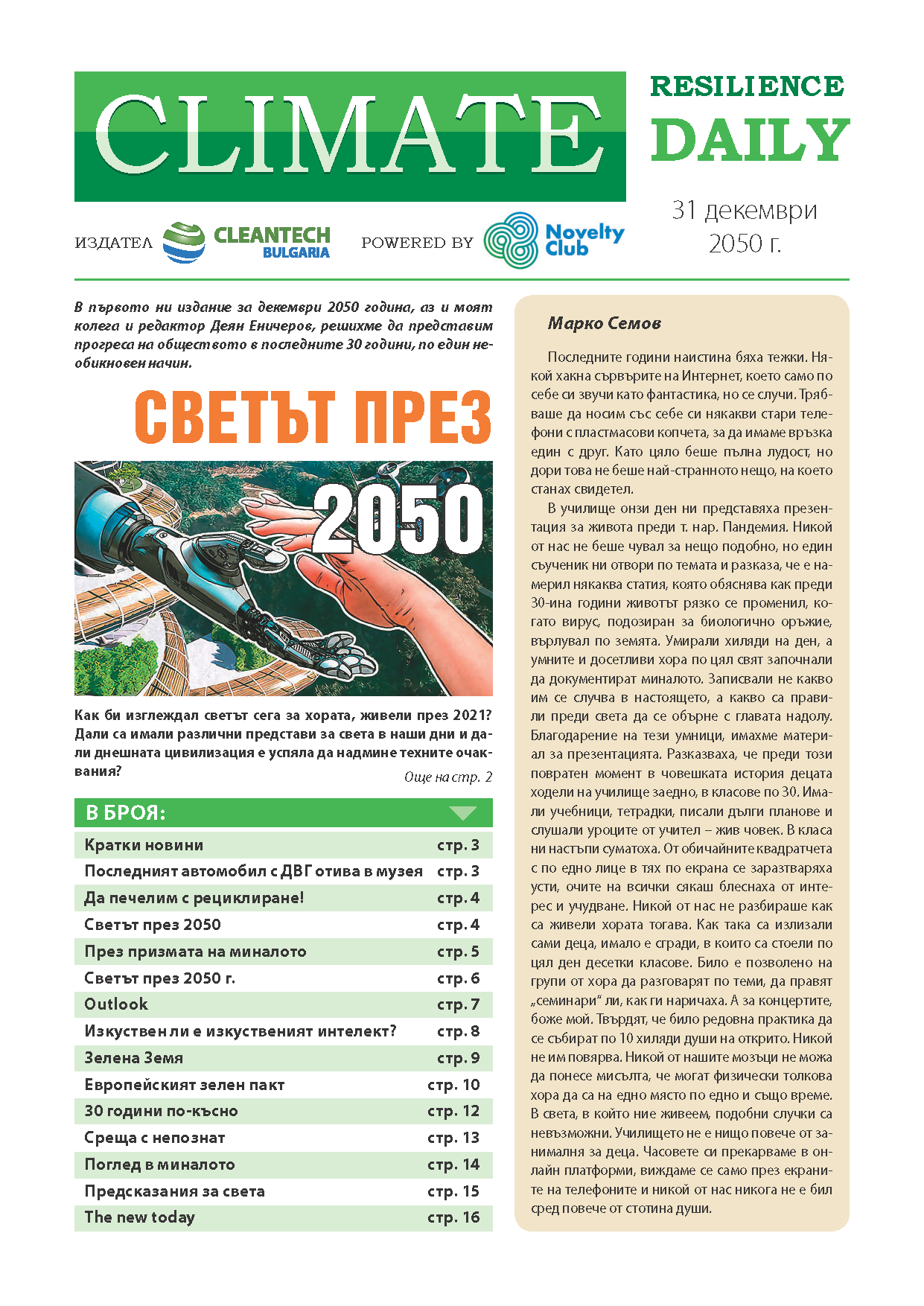

There were only 5 successful educational experiments which were short projects that tested novel ways of responding to a challenge (within education, learning, skills, development, and green systemic transition). They drew out new learnings as a part of the implementation of the experiments.
Recent study shows a powerful connection between education and climate change: if only 16 percent of high school students in high- and middle-income countries (such as Bulgaria and other RIS countries, according to the World Bank) were to receive climate change education, 19 gigaton reduction of carbon dioxide will be noticed by 2050.
The list of big, small, local, and international corporations and NGOs providing trainings and educational materials for students on the topic of Climate Change are growing more and more.
However, during our work with school students, we did identify a big gap between their knowledge on the topic of climate change and their ability to influence the community (incl. parents and teachers): Students struggle with communicating those new learnings and needs for a change with the older generations.
The young people in our society should be supported with a toolbox of soft skills in order to achieve their mission to catalyze the change that will lead to a society of game-changers in climate innovation in all aspects of the socio-economic life.
“Communicate the change” experiment consisted of 4 complementary workshops that formed a complete methodology on how to communicate and influence the change that is needed.

Starting within their community at home and in school, the experiment triggered innovative thinking towards system transformation and climate action by combining different approaches for unlocking the potential of young and bright minds to identify challenges and co-create solutions.
You can access the Communicate the change methodology HERE
There are many scientific articles on the subject that are not written in accessible language, do not affect people’s conscience and do not show what their actions lead to. The direct experience of the future through the articles and interviews in this newspaper aims to provoke young minds to think big and take conscious action to create the world they want to live in.
Using the student’s materials we designed a real newspaper called “Climate Resilience Daily” and printed out physical copies for the schools to add to their libraries.
